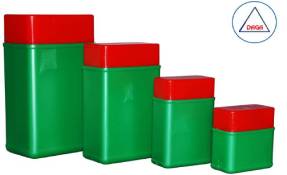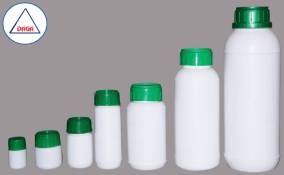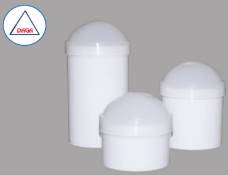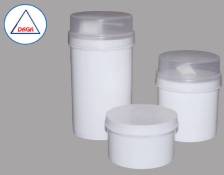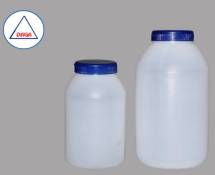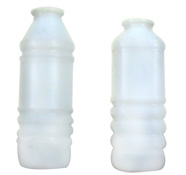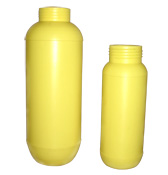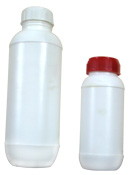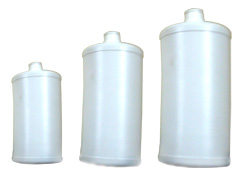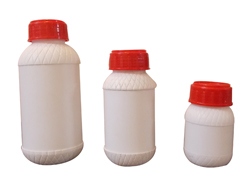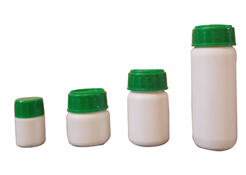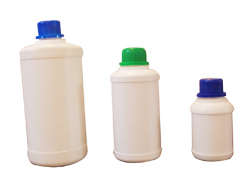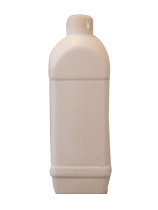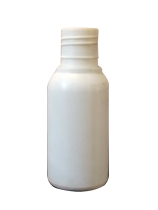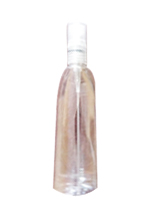Plastic Bottles
We are one of the leading manufacturers of all types of plastic containers in Eastern part of India. All of our products are in stock and ready to ship same day if necessary. For larger custom quotes please contact our customer service team. We also have a great selection of various components and supplies.
Discover Thousands of Plastic Containers
We sell a jaw-dropping variety of plastic bottles, jars, containers, and lids — Thousands of selections on hand! For nearly 50 years, we’ve offered creative solutions to small businesses, mid-sized companies, and large corporations. If you need bulk pricing and volume discounts, look no further. If we don’t have what you need, we’ll find it for you.
Plastic Containers
Huge selection and great prices on plastic containers. Plastic bottles, plastic jars, plastic tubs, plastic pails, drums, plastic tubes, and much more. Plastic containers of all seven types: PET, HDPE, LDPE, PVC, PS, PP, and OTHER. Browse through our catalog to find products of all shapes, sizes, colors, and styles.
Plastic bottles are formed using a variety of techniques. The choice of material varies depending upon application.
• High-density polyethylene (HDPE) is the most widely used resin for plastic bottles. This material is economical, impact resistant, and provides a good moisture barrier. HDPE is compatible with a wide range of products including acids and caustics but is not compatible with solvents. It is supplied in FDA-approved food grade. HDPE is naturally translucent and flexible. The addition of color will make HDPE opaque, but not glossy. HDPE lends itself to silk screen decoration. While HDPE provides good protection at below freezing temperatures, it cannot be used with products filled above 190 °F (88 °C) or products requiring a hermetic (vacuum) seal.
• Low-density polyethylene (LDPE) is similar to HDPE in composition. It is less rigid and generally less chemically resistant than HDPE, but is more translucent. LDPE is used primarily for squeeze applications. LDPE is significantly more expensive than HDPE.
• Polyethylene terephthalate (PET, PETE or polyester) is commonly used for carbonated beverage, water bottles and many food products. PET provides very good alcohol and essential oil barrier properties, generally good chemical resistance (although acetones and ketones will attack PET) and a high degree of impact resistance and tensile strength. The orienting process serves to improve gas and moisture barrier properties and impact strength. This material does not provide resistance to very high temperature applications—max. temp. 200 °F (93 °C).
• Polyvinyl chloride (PVC) is naturally clear, has extremely good resistance to oils, and has very low oxygen transmission. It provides an excellent barrier to most gases and its drop impact resistance is also very good. This material is chemically resistant, but it is vulnerable to some solvents. PVC has poor resistance to high temperatures and will distort at 160 °F (71 °C), making it incompatible with hot-filled products. It has attained notoriety in recent years due to potential health risks.
• Polycarbonate (PC) is a clear plastic used to make water and milk bottles. 5 gallon water bottles are the most common examples of PC bottles.
• Polypropylene (PP) is used primarily for jars and closures and provides a rigid package with excellent moisture barrier. One major advantage of polypropylene is its stability at high temperatures, up to 220 °F (104 °C). Polypropylene is autoclavable and offers the potential for steam sterilization. The compatibility of PP with high filling temperatures is responsible for its use with hot fill products. PP has excellent chemical resistance, but provides poor impact resistance in cold temperatures.
• Polystyrene (PS) offers excellent clarity and stiffness at an economical cost. It is commonly used with dry products including vitamins, petroleum jellies, and spices. Styrene does not provide good barrier properties, and exhibits poor impact resistance.
• Fluorine-treated HDPE bottles are exposed to fluorine gas in a secondary operation, are similar in appearance to HDPE and have exceptional barrier properties to hydrocarbons and aromatic solvents. Fluorine treated bottles are excellent for use with insecticides, pesticides, herbicides, photographic chemicals, agricultural chemicals, household and industrial cleaners, electronic chemicals, medical cleaners and solvents, citrus products, d-limonene, flavors, fragrances, essential oils, surfactants, polishes, additives, graffiti cleaning products, pre-emergents, stone and tile care products, waxes, paint thinner, gasoline, biodiesel, xylene, acetone, kerosene and more.
OUR PRODUCTS:
QUICK CONTACT:
CONTACT PERSON
Mr. Vijay Daga (Chairman)
Mr. Ajay Daga (Managing Director)
MOBILE
ajay@dagaplastic.in / Info@dagaplastic.in / ajdaga00@gmail.com

